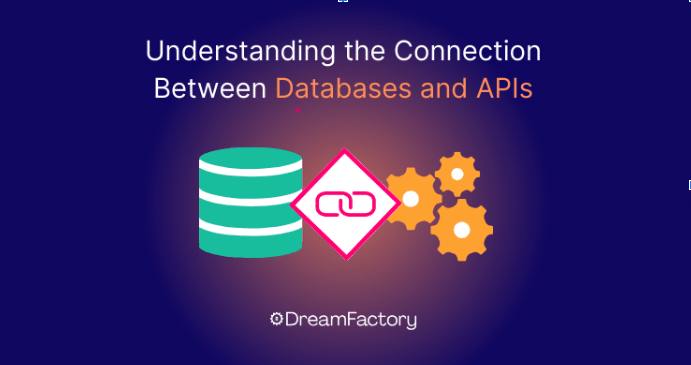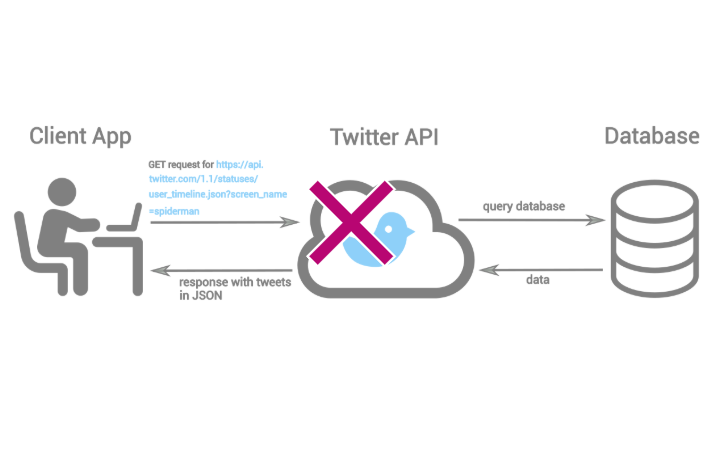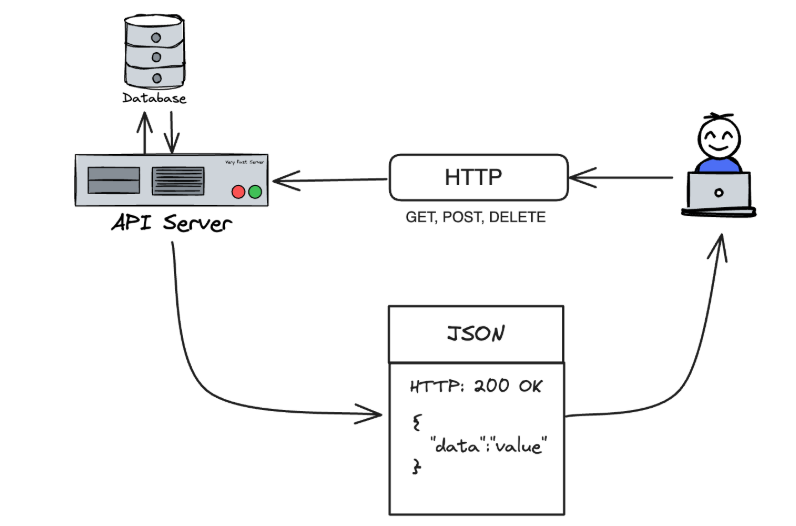
Why Databases Need APIs: Powering the Modern Data Ecosystem
In every growing business, data is the real decision-maker. It fuels analytics, automation, customer insights, and everyday operations. But here’s the challenge — most organisations still struggle to connect their data across multiple platforms, tools, and applications.
That’s exactly where APIs (Application Programming Interfaces) step in. They’ve become the invisible layer that lets your database talk to the rest of your digital systems — quickly, securely, and efficiently.
What’s an API in Simple Terms?
Think of an API as a messenger between your database and the applications that need information from it.
Instead of giving every system direct access to your data (which can be risky and complicated), APIs allow controlled and structured communication.
For example, if your finance system needs the latest sales data, it can simply “ask” through the API — and get exactly what it needs, nothing more, nothing less.
It’s secure, consistent, and much easier to manage.
Why Your Databases Need APIs?
1. Seamless Data Integration
Modern businesses don’t run on a single system anymore. You’ve got CRMs, ERP tools, marketing platforms, websites, and mobile apps — all collecting and using data in real time.
APIs make it possible for all these systems to sync perfectly, ensuring there’s one source of truth.
No more duplicate data, no more manual imports — just clean, connected information.
2. Speed and Automation
APIs allow applications to pull and update data instantly.
That means real-time dashboards, automated workflows, and faster decision-making.
Imagine a retail business — every time a product is sold online, the API updates stock levels in the database, adjusts pricing in the ERP, and triggers an email to the warehouse — all without human input.
That’s efficiency at scale.
3. Better Security and Access Control
Direct access to a database can open the door to errors and security risks. APIs help you define exactly who can access what.
Through authentication methods like API keys or OAuth, you can control permissions while keeping the database safe behind the scenes.
It’s the balance between openness and protection — and that’s critical for compliance and data privacy.

APIs reduce the burden on IT teams.
Instead of managing multiple custom connections or outdated scripts, teams can work with a single API layer that serves different systems consistently.
Plus, as databases evolve — whether you move from on-premise to cloud or switch providers — APIs make the transition smoother without disrupting daily operations.
Real-World Impact
- Finance: APIs connect banking systems to customer databases for real-time balance updates.
- Healthcare: Patient data flows securely between hospitals, labs, and insurance systems.
- Retail: APIs link online stores, inventory, and delivery partners for live order tracking
In each case, the database doesn’t work in isolation — the API makes it part of a larger, smarter system.

APIs turn your database from a static storage unit into a living, connected ecosystem.
They make your business faster, safer, and more flexible — and in today’s digital landscape, that’s not just an advantage, it’s a necessity.
If your organisation still relies on manual data transfers or disconnected systems, it’s time to rethink your database strategy.
APIs aren’t just a tech upgrade — they’re how modern businesses stay connected, efficient, and competitive.

